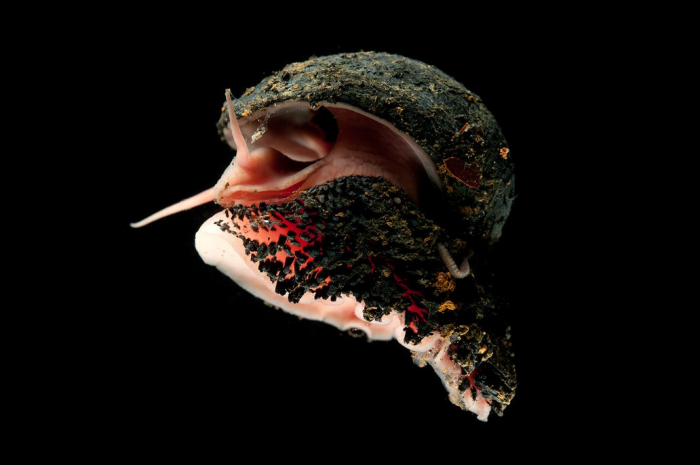In addition to climate, biodiversity – as a link in the Climate-Ocean-Biodiversity nexus – is also a priority for the VLIZ research department.
Since its foundation in 1999, VLIZ has attached great importance to biodiversity. For instance, it served as data, communication and information centre within the prestigious and ambitious European Marine Biodiversity and Ecosystem Functioning (MarBEF) project. In 2004, this project resulted in the European Register of Marine Species (ERMS), and in 2007, it developed into the World Register of Marine Species (WoRMS). Partly for this reason, VLIZ was given a central role within the European LifeWatch infrastructure: the provision of a ‘Species Information Backbone’ for marine biodiversity. VLIZ also joined the worldwide ‘Census of Marine Life' network (CoML; 2000-2010) and the ‘Ocean Biodiversity Information System’ (OBIS), a distributed database with regard to the occurrence of sea life worldwide.
More than fifteen years after the first tentative steps, WoRMS (which is hosted and managed by VLIZ) has become the standard for marine species worldwide. WoRMS supplies data to the Catalogue of Life, the most exhaustive consistent list of life forms on earth. All content of WoRMS is linked to one or several of the 400,000+ available references in the system. In this context, WoRMS is supported by the voluntary assistance of a large number of taxonomic experts from the four corners of the globe. But partnerships with existing high-quality databanks such as FishBase and AlgaeBase also provide a great deal of input.

In 2023, WoRMS proudly announced its collaboration with Ocean Census. Launched by The Nippon Foundation and Nekton in April 2023, Ocean Census continues to build on major programmes from the past such as the Challenger Expeditions (1872-1876, the birth of modern marine science) and The Census of Marine Life (2000-2010). Ocean Census represents a worldwide consortium dedicated to the rapid discovery and protection of sea life. It has set the ambitious objective of discovering 100,000 new species over the coming decade. The cooperation between WoRMS and Ocean Census will leverage the expertise and the worldwide leadership of WoRMS in marine taxonomy and taxonomic data management to take on a leading role in the commitment of Ocean Census.
The taxonomic specialists who voluntarily support WoRMS get the opportunity to take part in all aspects of Ocean Census, ranging from expeditions to collect new species to physical and virtual workshops to document and describe specimens. And from narrating the extraordinary stories about the discovery of oceanic life to representing Ocean Census at scientific and maritime events. In short, WoRMS will play a prominent role in the global cooperation initiative.